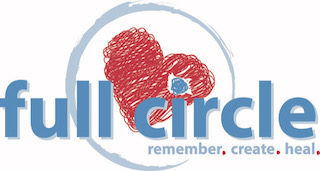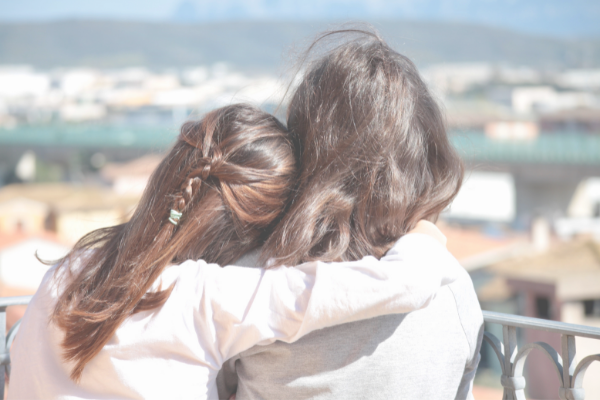By: Britt Cowart, Grief Services Director
It’s estimated that 80% of individuals in the US grow up with siblings. Siblings are your life partners in the truest sense of the words, and though you may be opposites, there is a perception that you are still more alike than unalike. You have a shared history and deep connection with your past and/or present. Sometimes though, siblings are your best friends, the humans that know you the longest and love you the best. Regardless, siblings are your ties to family bonds, traditions, memories, and mutual experiences. They may judge you yet accept you. They see you at your darkest moments and celebrate your successes as if they were their own.
When sibling loss occurs, the grief often goes unnoticed or unacknowledged. Sibling loss can leave you feeling adrift, unanchored. Your shared history bonds you in a way that is unique and unprecedented. Yet when your sibling dies, you may often be overshadowed, forgotten and the grief can feel disenfranchised, which occurs when a person’s loss is not openly acknowledged, publicly mourned, or socially supported.
Let’s face it…most of the support is often given to the surviving parents, spouse, children but not typically to their siblings. Therefore, the sibling relationship can be deemed unimportant, replaceable, overlooked, or minimized. The truth is that even when siblings have not spent much time together as adults…they often have profoundly strong attachments to one another and are left feeling lost and often that their grief is not valid.
Loss of a sibling creates a particular kind of “horizontal” grief in which shared histories, presents, and futures are fractured, creating uncertainties and insecurities that are often unrecognized or misunderstood.
Characteristics of the sibling bond:
- It’s the longest relationship we’ll have in our lives. We are typically only a few years apart when born and we become aware of each other. We usually know each other longer than our parents, spouses, and children.
- We witness more life events and life changes with our siblings than anyone else.
- We share a sense of genetics, sense of family, belonging, and culture.
- Siblings teach us how to function in society and communicate with others.
- The time spent together in our early years is greater than with our parents.
- It often feels as if we are losing a part of our selves when our sibling dies.
Unique emotions and challenges associated with Sibling Death/Loss:
- (Survivor’s) Guilt
- Abandonment
- Changes in family dynamics
- Loss of identity
- Loss of innocence
- Loss of support, understanding
- Anger
- Distress
- Disrupted connection
- Missed opportunities
- Deep sadness
- Added responsibility
How you can support someone who is grieving their sibling
- Ask them about him/her/they
- Use their name when you are talking about/referring to their sibling
- Share a memory
- Listen as they share their story of life, story of loss, or positive memories shared with their sibling
- Avoid well-meaning but unhelpful statements
- Acknowledge the specific and unique loss
- Allow them permission not to share, discuss the loss
- Pay attention to specific issues tied to sibling loss ie. Survivor’s Guilt, loss of relationship/identity, resulted functioning with family of origin, extra responsibilities assumed due to loss in family
- Provide a safe space for them to share their unique grief and support them in finding resources if they should need them

